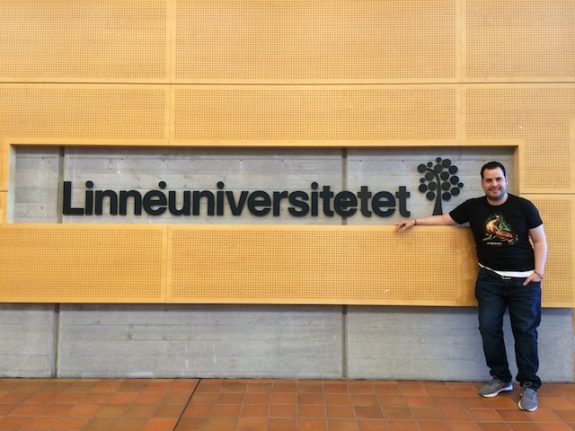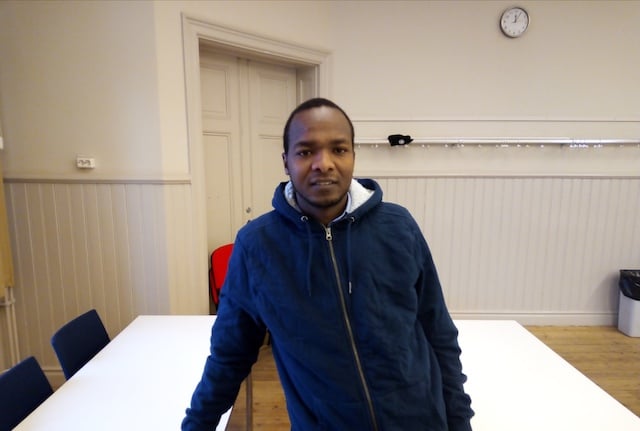When asked about our past, diverse backgrounds, fields of study, and learning methodologies have all played contributing roles. Our previous studies, cultures, and breadth of experiences have defined our personalities, making us each unique. However, having a master's programme in Sweden, where multiculturalism and international scope are highly interconnected, and being SI scholarship holders has created a shared meaning and mutual perspective for all of us.
We have been at Linnaeus University for the last couple of months, and varied master’s programmes of business, tourism, and management identify are now our everyday reality. Kalmar also offers many spaces for interaction, socialization, and mingling where, even though we come from different parts of the world, we all feel we have many things in common.
 Photo: Linnaeus University
Photo: Linnaeus University
The Swedish education system is based on credit courses, specific grades (A to F), and a high level of self-study. So, after having submitted our first assignments, we have realised how different and dynamic it is. One of our teachers told us “I only give you a general framework, you must go deeper and get your own view”. Now, we clearly understand what he was saying and how long hours of reading and writing, sharing ideas, and deep research have paid off.
Talking to my fellows, we have come to the idea that thinking outside the box, proposing new ideas, and going unlimitedly further are the key factors to succeed not only in Sweden but also worldwide. We also consider that the Swedish methodology encourages us to keep learning, researching and looking for knowledge which allows us to go further and improve. We now understand that sitting in the classroom is not enough to produce change and it is up to us how far we will go. It has been a common idea that this challenging and valuable experience has made us grow every day.

Finally, some of our fellows have shared some insights and thoughts about this process. For example, Ky Veasna from Cambodia, who is doing a master's programme in Tourism and Sustainability considers “I am so impressed with the independent study system here as it requires me to set up the goals, interests and scopes of my studies. I have been studying hard, spending more time at the library and seeking academic support and advice from classmates”. Besides, Victor Kachabe from Zambia thinks “Swedish education is very interactive and flexible to the learning experience which has made me feel motivated and excited to keep learning.”
Although we are experiencing this adventure very far away from our countries and families, Sweden, the Swedish Institute, and Linnaeus University have empowered us to be the best we can be.
We are proud to be part of this experience!



 Please whitelist us to continue reading.
Please whitelist us to continue reading.
Member comments